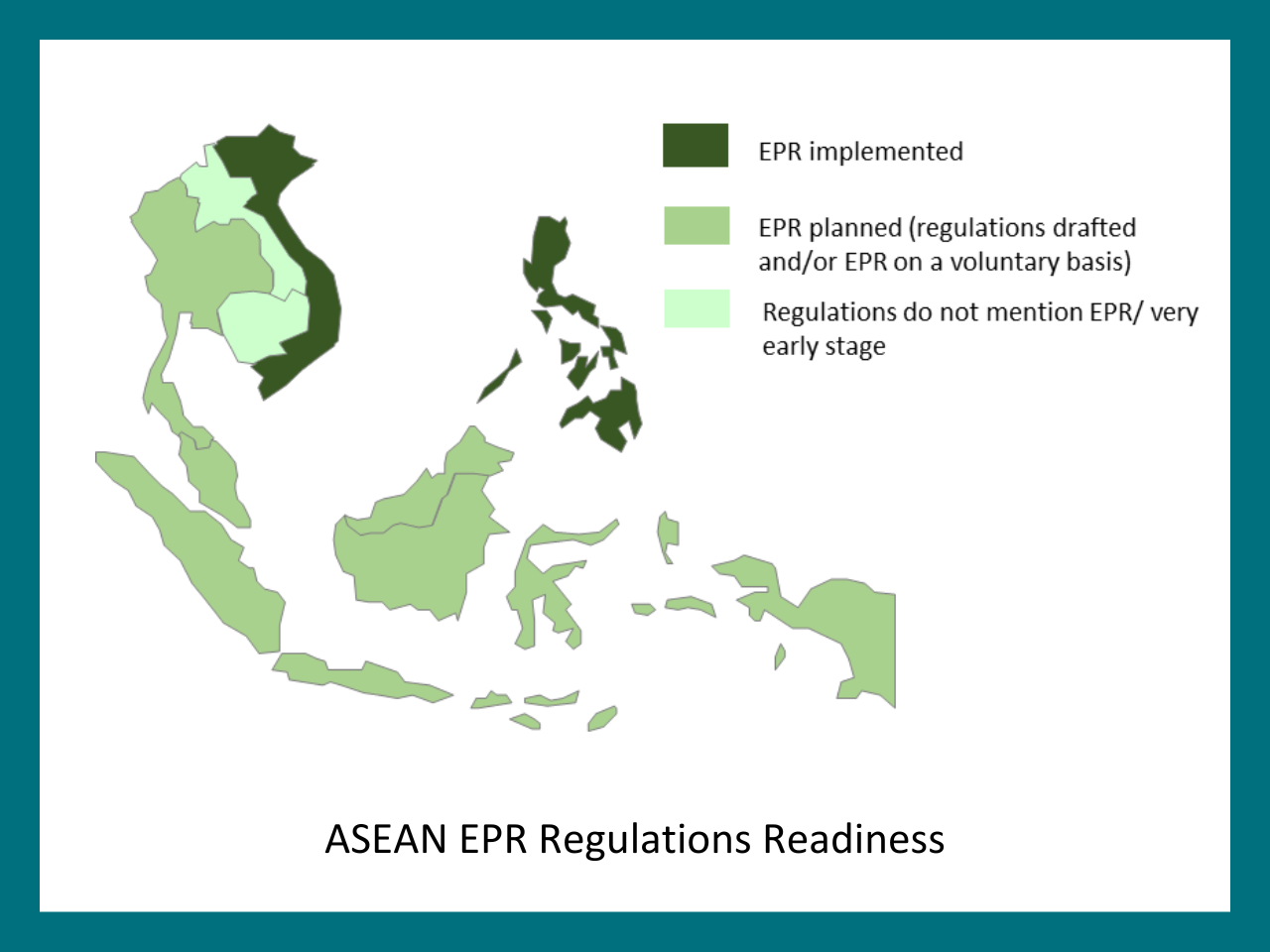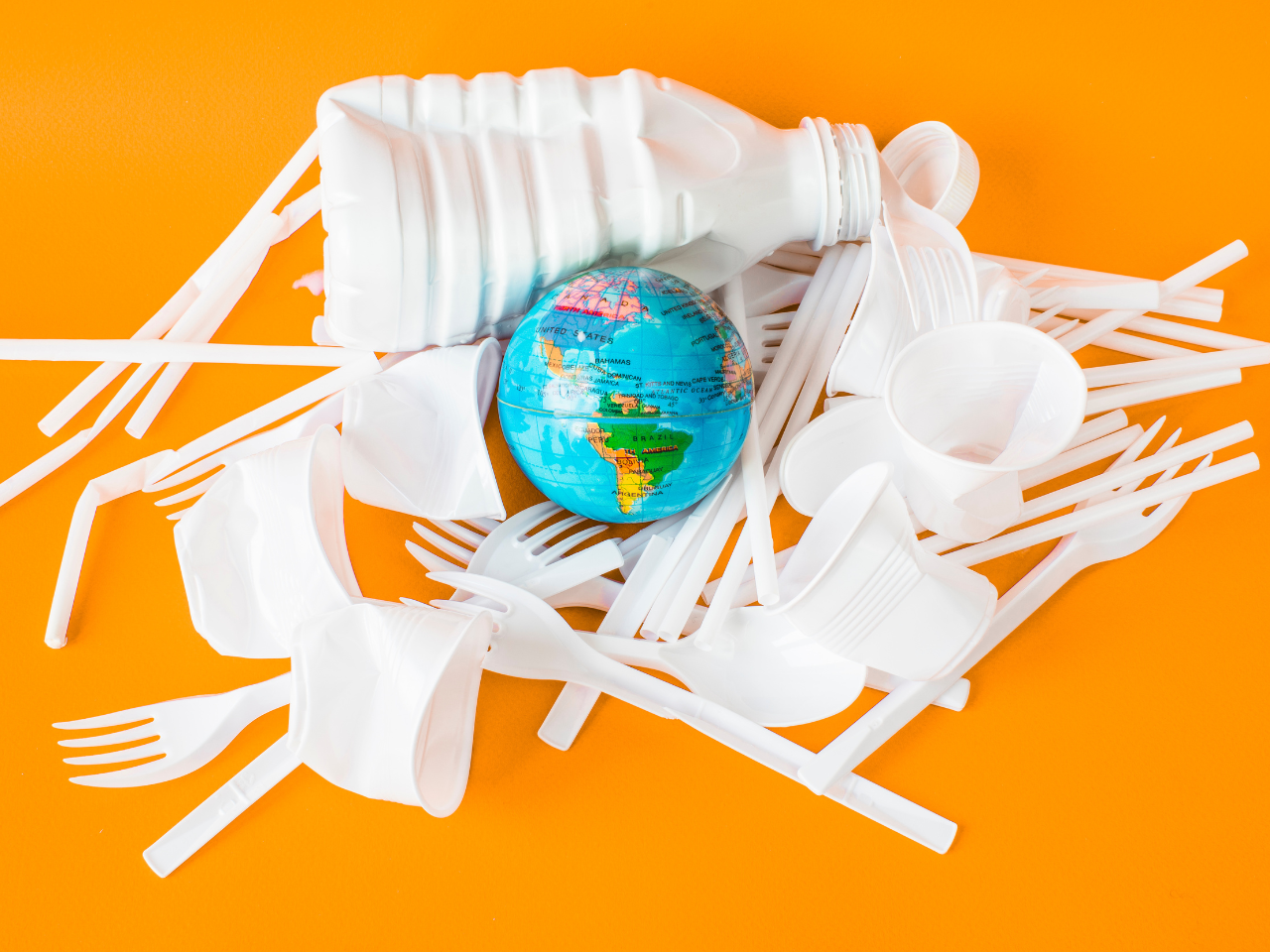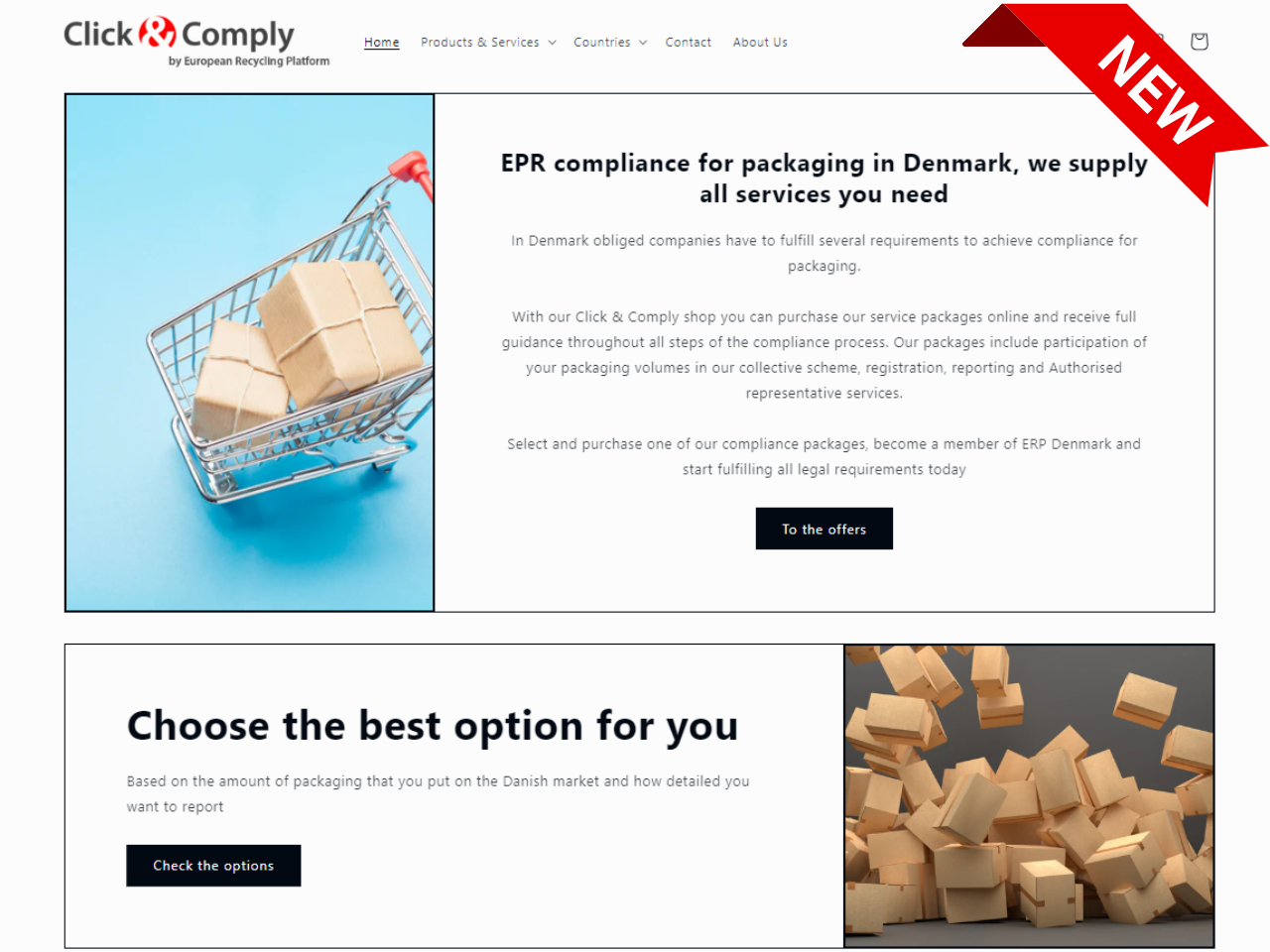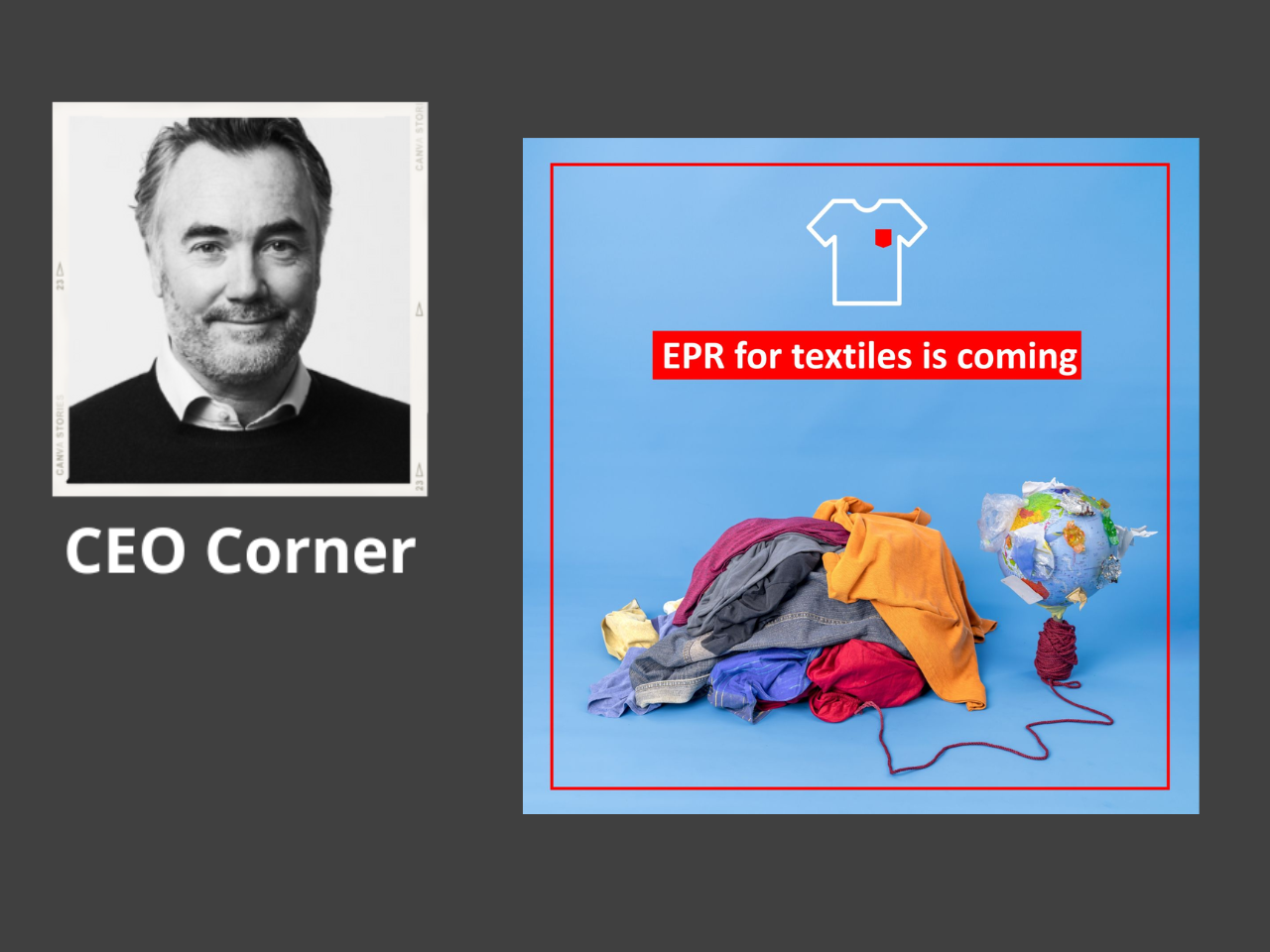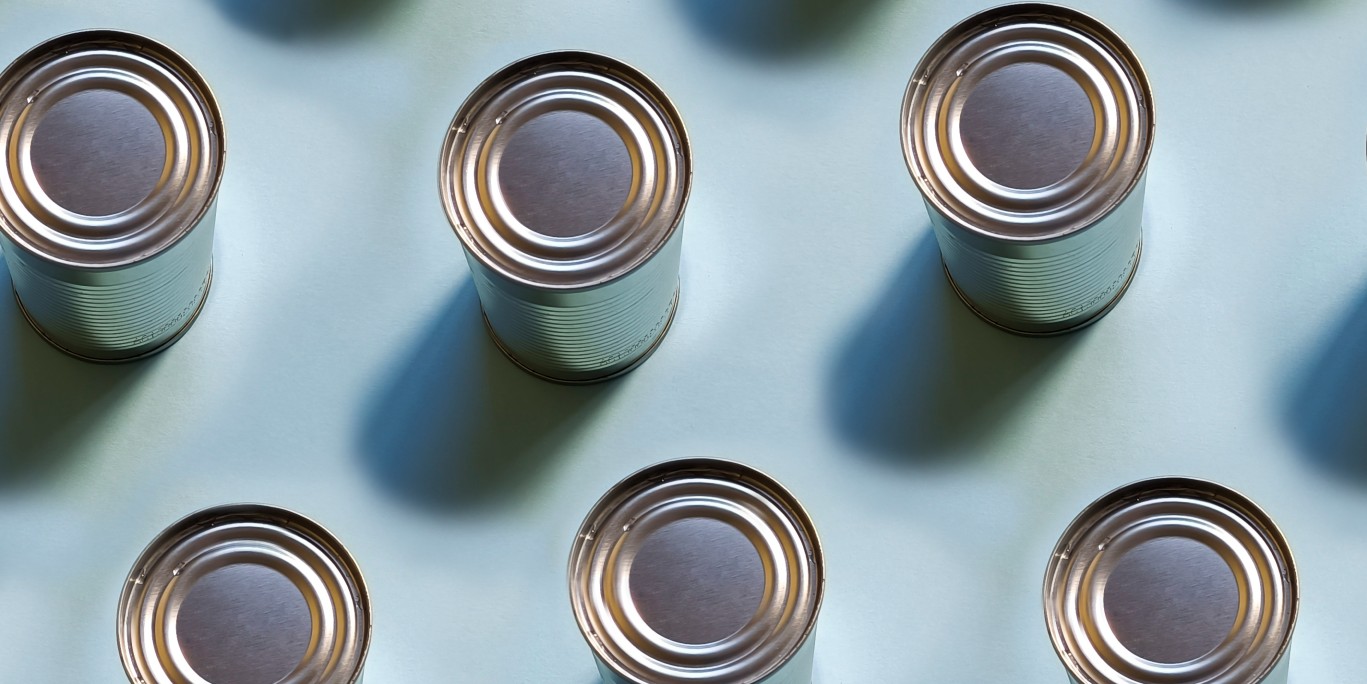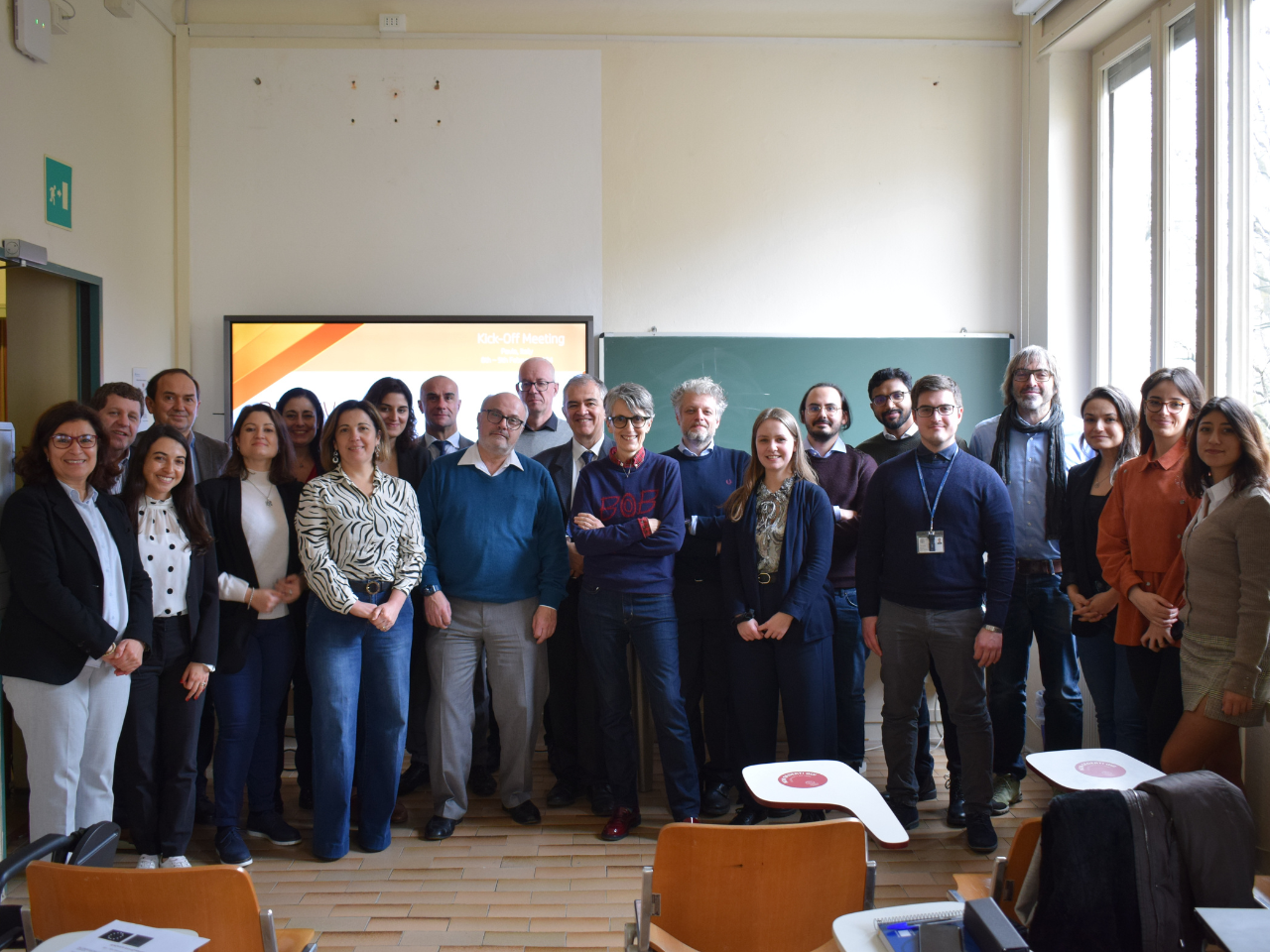What are the latest developments concerning environmental legislation globally? We’ve picked out some highlights for you for June 2022.
More detailed plans for new packaging directive
The European Commission has announced further details of the planned revision of the Packaging Directive.
The main objectives of the new legislative framework are to reduce the amount of packaging waste, ensure all packaging is either reusable or recyclable by 2030, and increase the uptake of recycled materials in packaging.
On 30th May, Landbell Group company, European Recycling Platform attended the Commission’s stakeholder workshop where the following priority measures were communicated:
- Reduction targets likely (probably packaging waste / inhabitant, with 2018 as the base year)
- Reuse targets (also defining minimum number of cycles)
- Recyclable packaging targets (assessment/certification and/or negative list, plus alignment with EPR fee modulation)
- Compostability requirements (potentially mandatory compostability for selected packaging types)
- Recycled content targets (target years planned: 2030 / 2040; de-minimis considered)
- Enabling measures (harmonized labelling, substances, Green Public Procurement) and DRS for beverage containers
The Commission is also considering changing the legal format of the provision from a directive to a regulation, as it has done with the Battery Regulation (which is currently being revised – see article below). This would avoid the need for national implementation and create a harmonised framework across Member States.
The Commission’s legislative proposal is planned to be published in autumn 2022.
Update on the trialogue negotiations on the Battery Regulation
The trialogue negotiations between the European Commission, the European Parliament, and the Council of the European Union on the new Battery Regulation are still ongoing. It is now unlikely that agreement will be reached under the French Council Presidency because the issue is too complex and the positions of the three parties are too different. However, all parties are confident that they will come to an agreement in the second half of the year.
Landbell Group company, European Recycling Platform (ERP) is still in close contact with the three institutions, contributing its expertise to the ongoing negotiations. Important aspects for ERP include introducing realistic targets for the collection of waste portable batteries based on volumes available for collection, avoiding parallel battery flows bypassing producer responsibility organisations, and ensuring effective and cross-border enforcement of extended producer responsibility regulations.
Rapporteur calls for improvements to Waste Shipment Regulation
The responsible rapporteur in the European Parliament, Danish MEP Pernille Weiss (EPP) has, in her draft report, called for improvements to the European Commission’s proposal for a revision of the Waste Shipment Regulation.
The rapporteur points out the need to ensure a true internal market for waste. In this regard, the Regulation needs to remove barriers between Member States and improve cross-border cooperation.
Ms Weiss proposes the introduction of a coordination group consisting of representatives from Member States and the Commission to mediate, for example, disputes over the classification of waste. In addition, she criticises what she sees as an overly restrictive ban on waste shipments for disposal. Under certain conditions, Member States should be allowed to conclude bilateral or multilateral agreements on waste shipments to make the best possible use of available waste management capacities.
The European Commission presented its legislative proposal in November 2021 (see COMPASS article). The aim of the revision is to facilitate the transport of waste for recycling and reuse within the European Union and thus accelerate the transition to a circular economy. Exports to third countries, on the other hand, are to be further restricted.
Sign up for our monthly
report COMPASS here:
Your email


